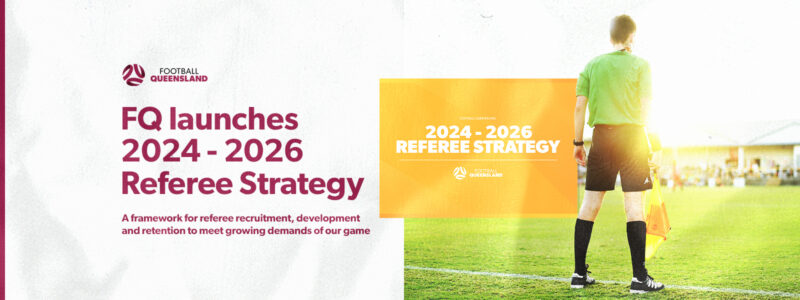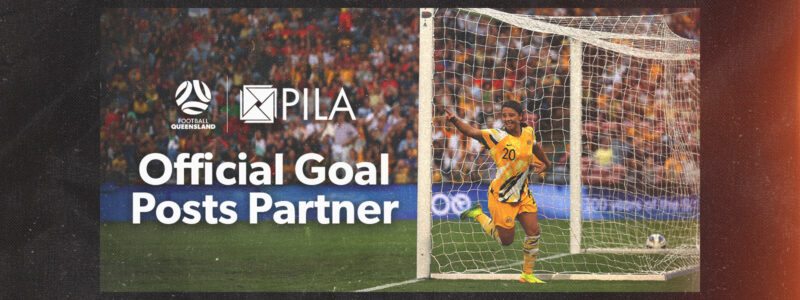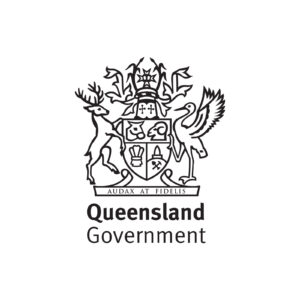Latest news
Football Queensland (FQ) is thrilled to announce that five clubs, including three regional clubs from the Far North & Gulf and Northern regions, have been successfully screened to undertake the
Football Queensland (FQ) is excited to announce a two-year partnership with Trophy Superstore as its Official Trophies and Medals Partner.
The FQ Academy State Carnival games will proceed at South Pine Sports Complex, Mitchelton FC and Caboolture SC today (Saturday) as per the revised draw published yesterday.
Due to ongoing rainfall, Football Queensland’s technical and event operation teams have reviewed the FQ Academy State Carnival fixtures for Saturday, 6 April.
An update on the FQ Academy State Carnival for Friday, 5 April.
Football Queensland and City of Moreton Bay Council are continually monitoring weather and field conditions and their potential impact on the FQ Academy State Carnival.
Football Queensland (FQ) is excited to announce the return of the FQ Junior Cup to be held at the Maroochydore Football Club on the Sunshine Coast from Sunday, 23 June
Football Queensland (FQ) has today released the 2024-2026 Referee Strategy, designed to deliver a strong and clear direction for referee recruitment, development and retention in the coming years.
Football Queensland (FQ) is excited to announce a new partnership with PILA as its Official Goal Posts Partner and preferred supplier of football goal posts for FQ clubs and community.


































